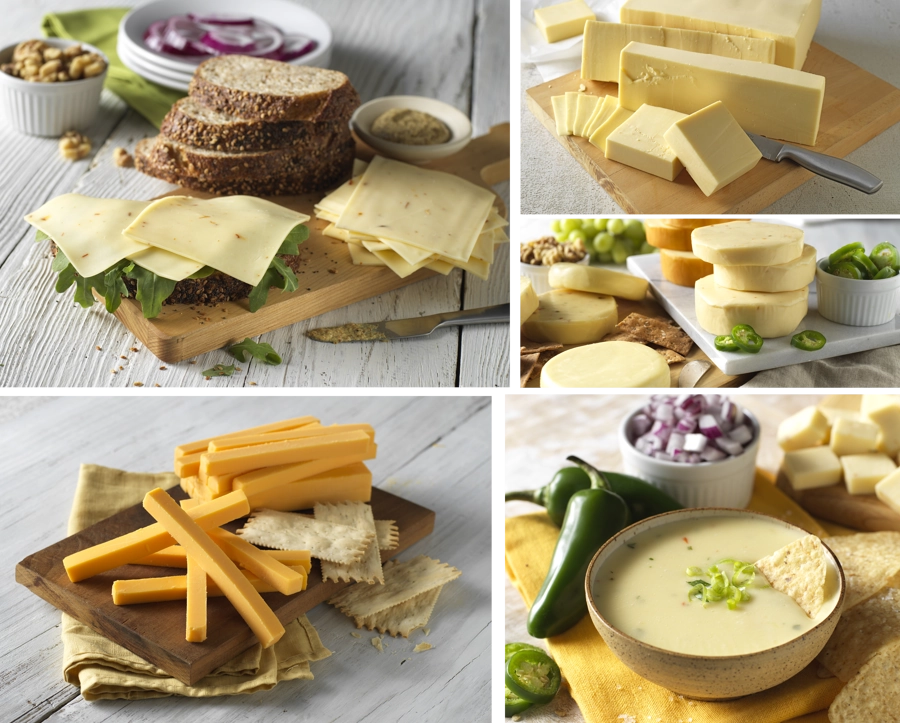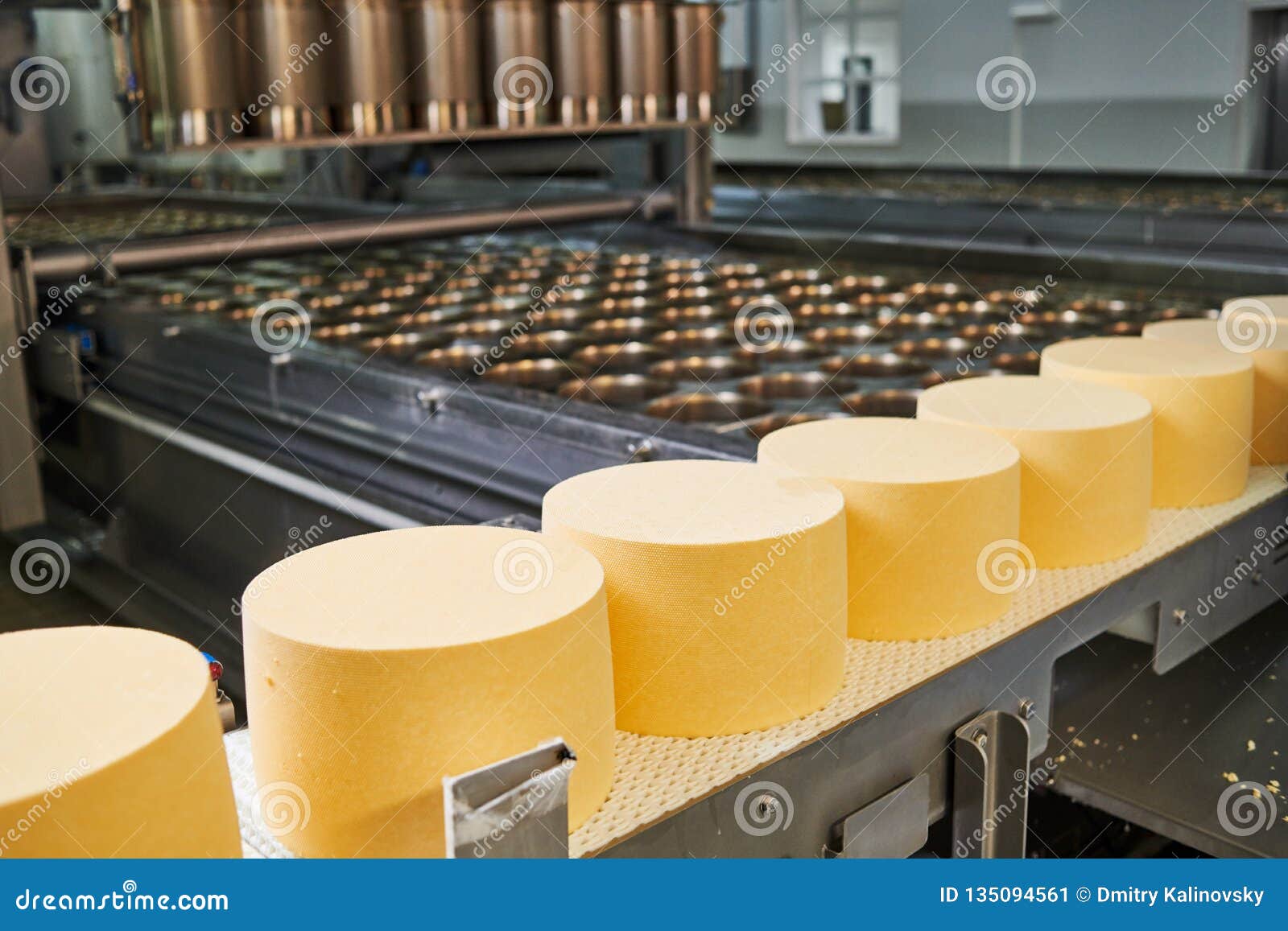Cheese Makers Melbourne: Crafting best Cheeses Locally
Cheese Makers Melbourne: Crafting best Cheeses Locally
Blog Article
A Comprehensive Look at Cheese Manufacturing: Components, Approaches, and the Future of Craftsmen Cheeses
The intricate process of cheese manufacturing is a remarkable convergence of art and scientific research, where top quality milk, rennet, and details bacterial cultures serve as fundamental elements. As the sector progressively prioritizes sustainability and transparency, the future of artisan cheeses promises to mirror both heritage and progress.
Trick Active Ingredients in Cheese Manufacturing
A range of vital ingredients play a crucial function in cheese manufacturing, each adding to the end product's flavor, structure, and character. The main ingredient in cheese is milk, which can come from numerous resources, including cows, goats, and lamb - cheese makers melbourne. The kind of milk made use of substantially affects celebrity's taste and consistency; for example, cow's milk generally generates creamier cheeses, while goat's milk commonly produces tangy selections
One more crucial ingredient is rennet, an enzyme made use of to curdle the milk, separating it into curds and whey. The resource of rennet can be animal, veggie, or microbial, each imparting distinct attributes to celebrity. Cultures, being composed of certain stress of microorganisms, are also essential to the cheese-making procedure. They ferment lactose right into lactic acid, assisting in flavor advancement and appearance.
Salt not only enhances the flavor yet additionally serves as a chemical, inhibiting the development of unfavorable microorganisms. Additionally, different flavor agents, such as natural herbs, spices, and even smoked wood, can be included in develop special artisanal cheeses. With each other, these active ingredients develop the foundation of cheese manufacturing, establishing the stage for diverse and abundant cheese selections.
Conventional Cheese-Making Strategies
Making use of standard cheese-making methods, craftsmens worldwide maintain classic techniques that have been passed down through generations. These strategies often highlight making use of high-grade, locally sourced milk, which is main to the special tastes and appearances of artisanal cheeses. The process normally starts with the mindful heating of milk, followed by the addition of societies and rennet to assist in coagulation.
Once the curds create, they are cut, permitting whey to drain, a vital step that affects moisture material and appearance. Salting is a crucial facet of this procedure, boosting taste while additionally acting as a chemical.
Aging, or affinage, is an additional critical component, during which cheeses develop their characteristic aromas and preferences. Craftsmens might use details maturing environments, using moisture and temperature level controls to improve the cheese's account. The commitment to these standard techniques not only supports local economies but also adds to the abundant diversity of cheese varieties discovered worldwide, celebrating cultural heritage and artisanal craftsmanship.
Modern Advancements in Cheese Production
Exactly how have technological innovations changed cheese manufacturing in recent times? The combination of contemporary innovation has actually transformed both the performance and top quality of cheese production. Automation in different stages of the process-- from curd formation to product packaging-- has actually boosted consistency while decreasing labor prices. Automated curd cutting and mixing systems enable for accurate control over structure and wetness levels, important factors affecting the final product.
In addition, advancements in microbiology have actually enabled cheesemakers to select details microbial societies and enzymes, optimizing flavor accounts and boosting rack life. The usage of sensor innovation for checking fermentation problems has likewise ended up being prevalent, allowing for real-time modifications to preserve optimum environments for cheese aging.

These improvements not only enhance the quality and sustainability of cheese manufacturing however additionally encourage artisan manufacturers to keep typical flavors while More Info welcoming contemporary efficiency. As innovation proceeds to advance, the future of cheese production looks appealing, mixing tradition with development.
The Duty of Terroir in Cheese
In the realm of cheese manufacturing, terroir plays a pivotal function in specifying the distinctive qualities of various cheeses. Terroir, a French term commonly connected with a glass of wine, includes the ecological variables that influence agricultural products, consisting of dirt structure, climate, and local flora and fauna. In cheese-making, the one-of-a-kind Learn More Here qualities of the region where the milk is sourced can impart details flavors and appearances to the final product.
For instance, the grazing problems of dairy products animals considerably affect the milk's make-up, affected by the sorts of lawns and natural herbs readily available in a certain locale. This differs not just between nations yet additionally in between areas within the very same nation. In addition, the microbial neighborhoods existing in the environment add to the fermentation procedures, causing varied profiles in taste and scent.
Cheeses such as Roquefort, Parmigiano-Reggiano, and Cheddar exhibit how terroir can shape their identifications, making them distinctive and usually secured by geographical indications. As manufacturers progressively acknowledge the significance of terroir, there is a growing focus on sourcing neighborhood active ingredients and keeping conventional practices, guaranteeing that each cheese really reflects its origin.

Future Trends in Craftsmen Cheeses
A noteworthy change is taking place in the artisan cheese industry, driven by advancing consumer choices and technical advancements. Significantly, consumers are inclining one-of-a-kind, top notch items that stress both sustainability and neighborhood sourcing - cheese shop melbourne. This fad is prompting artisan cheesemakers to introduce, concentrating on small-batch manufacturing and the use of standard strategies while integrating modern-day technology to improve quality and safety
Moreover, there is a growing interest in plant-based and alternative dairy products, pressing conventional cheesemakers to discover new opportunities, such as cashew or almond-based cheeses. This change not only satisfies dietary constraints however additionally aligns with ecological problems regarding animal farming.
Furthermore, openness in sourcing and production processes is coming to be paramount. Consumers are extra educated and need traceability, triggering producers to adopt clearer labeling practices and look at this site take part in narration that highlights their approaches and values.
Conclusion
In final thought, the elaborate procedure of cheese manufacturing melds traditional strategies with contemporary developments, causing a diverse array of tastes and textures. The emphasis on top notch active ingredients and the impact of terroir emphasize the artistry associated with cheese production. As the sector evolves, a focus on sustainability and openness will likely form the future of artisan cheeses, providing to a progressively critical consumer base that values credibility and craftsmanship in dairy items.
Report this page